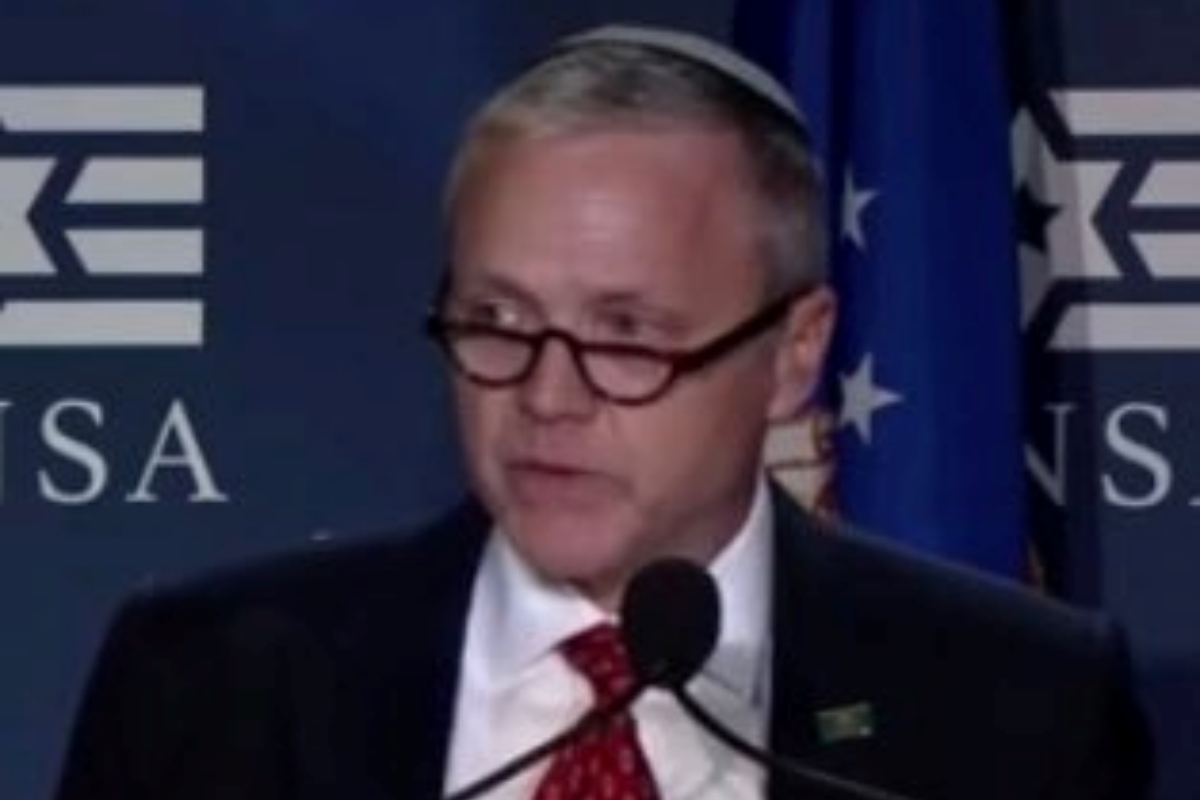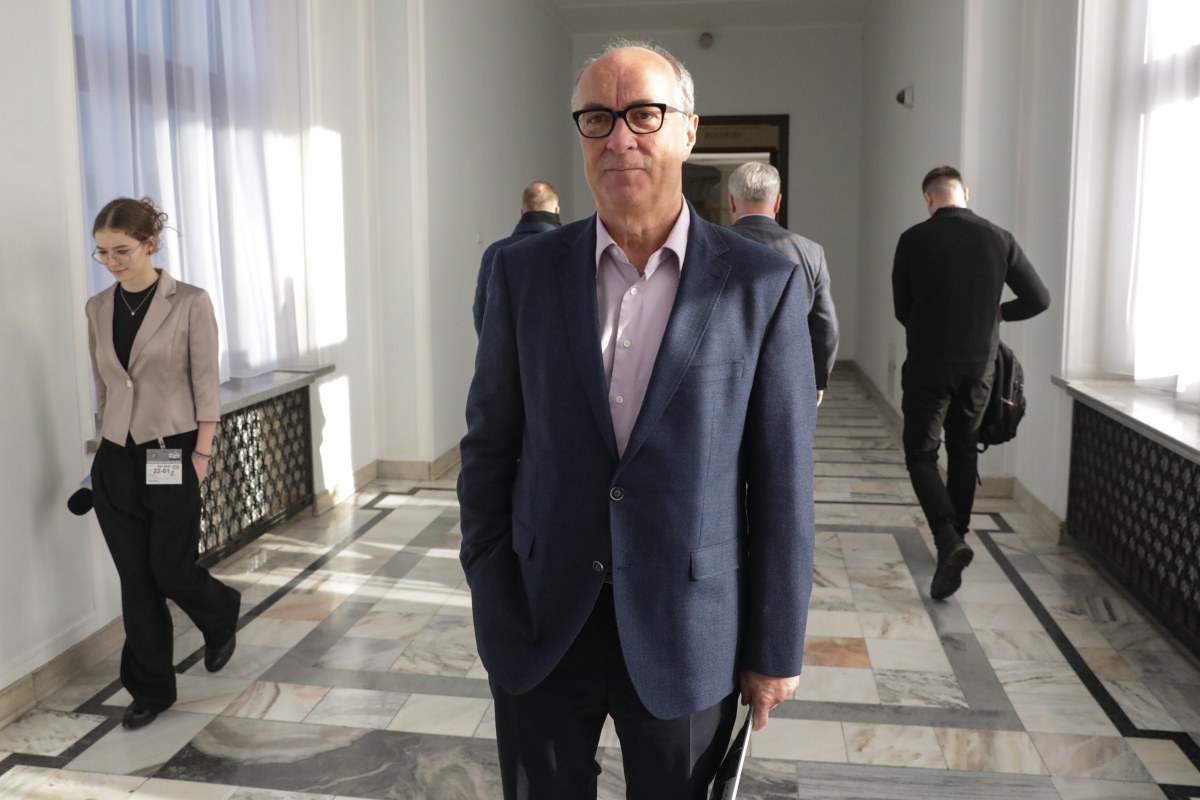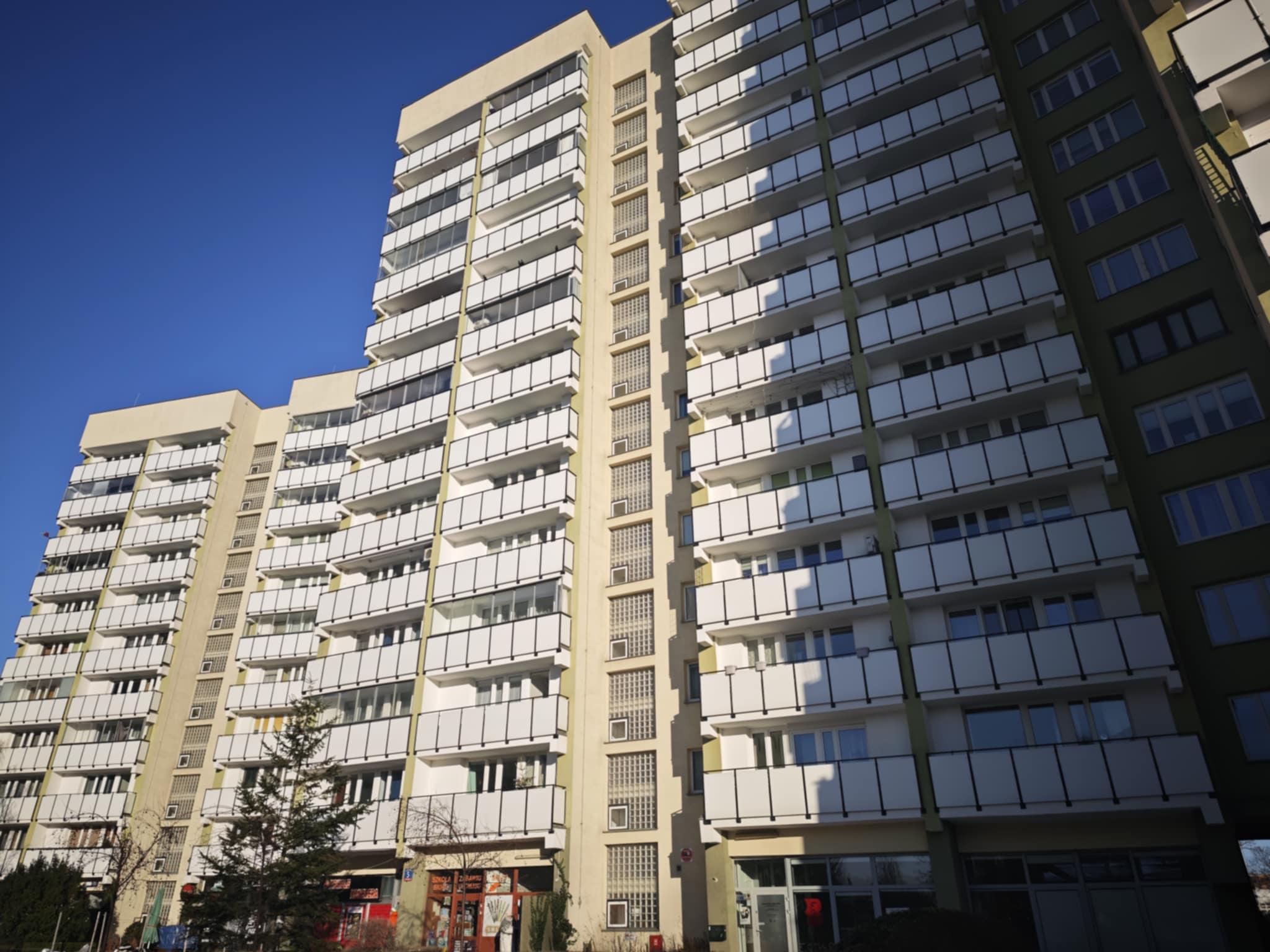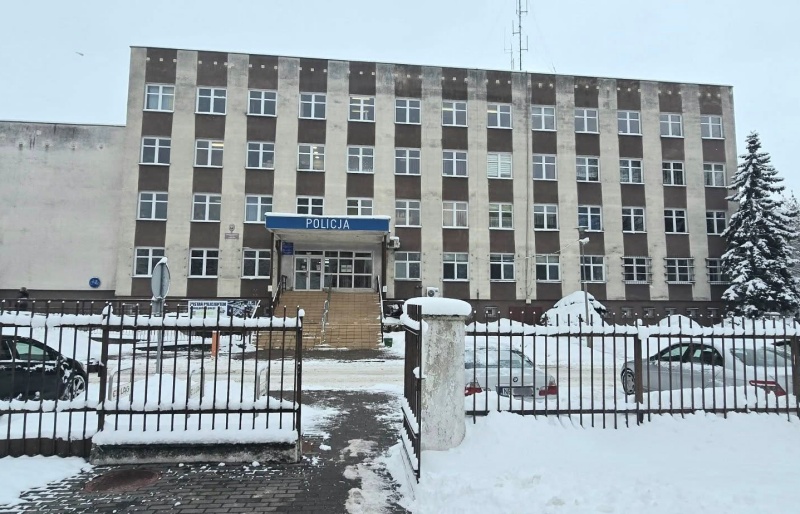
DELHI— The recent crash involving Air India (AI) Flight AI171 on June 12 at Ahmedabad (AMD) has triggered a wave of psychological distress among the airline’s flight crew.
Air India (AI) has since recorded an unprecedented spike in sick leaves, notably on June 16 when 112 pilots—51 commanders and 61 first officers—reported unfit for duty.
The incident involving the Boeing 787 has deeply affected crew morale, especially among pilots operating similar aircraft.
The aftermath has compelled the Directorate General of Civil Aviation (DGCA) to enforce mental health initiatives across Indian carriers, including Air India (AI) and IndiGo (6E), based out of major hubs like Delhi (DEL) and Mumbai (BOM).
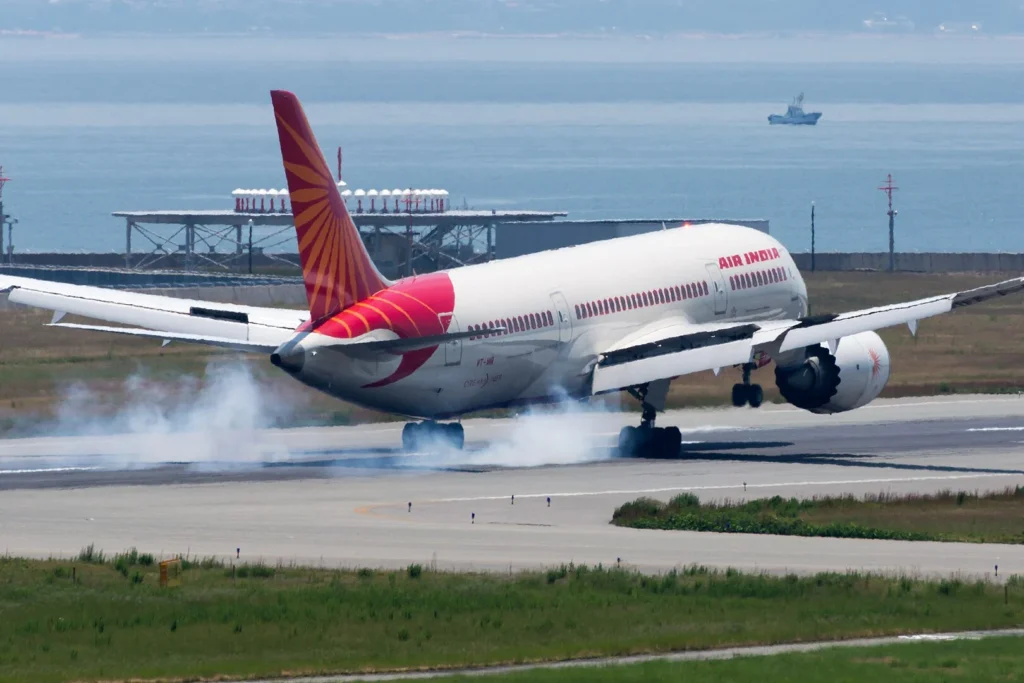 Photo: By lasta29 – Air India, B787-8 Dreamliner, VT-ANR, CC BY 2.0, https://commons.wikimedia.org/w/index.php?curid=40687689
Photo: By lasta29 – Air India, B787-8 Dreamliner, VT-ANR, CC BY 2.0, https://commons.wikimedia.org/w/index.php?curid=40687689Air India Pilots’ Sick Leave
Following the June 12 accident in Ahmedabad (AMD), conversations in cockpit environments have become increasingly somber and anxious.
Pilots have reported being overwhelmed by stress and fear, largely due to uncertainty surrounding the crash’s cause.
Several Air India crew members, particularly Boeing 787 pilots, expressed deep concern over the preliminary Aircraft Accident Investigation Bureau (AAIB) findings—especially suggestions pointing toward pilot suicide, which they vehemently reject.
This environment of suspicion and emotional unrest has caused a record number of pilot sick leave filings.
The government confirmed this to Parliament, with Minister of State for Civil Aviation Murlidhar Mohol providing the data. Such mass absenteeism has brought to light the urgent need for robust, structured mental health support within Indian aviation.
ALSO READ:
Air India Pilot Salary in 2025
 Photo: IndiGo
Photo: IndiGoDGCA Orders Crew Mental Health Support Programs
In response to the incident and its psychological toll, the DGCA has mandated several mental health safeguards for all Indian air operators. Key directives include:
- Implementing quick and effective psychological assessments during mandatory Class 1/2/3 medical exams by DGCA-empanelled examiners.
- Introducing a dedicated training capsule for flight crew and Air Traffic Control Officers (ATCOs) to identify and manage adverse mental health effects.
- Requiring all carriers—including scheduled, non-scheduled operators, flying training organizations, and the Airports Authority of India (AAI)—to activate Peer Support Programmes (PSPs).
These PSPs are intended to be proactive, non-punitive, and confidential, offering employees a safe outlet to discuss and manage stress, anxiety, and other mental health issues arising from the demanding aviation environment.
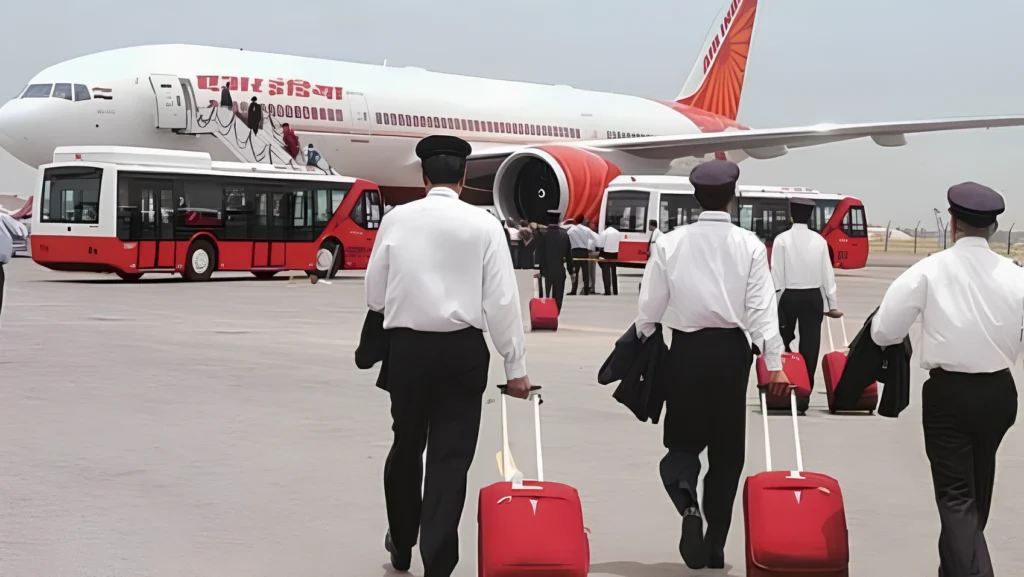 Photo: PTI
Photo: PTINational Implications
Industry insiders report a growing distrust among pilots in official crash narratives, further fueling psychological distress.
According to several Air India (AI) flight deck personnel, there is ongoing discussion within cockpits about the legitimacy of the AAIB’s preliminary conclusions.
Crew members are reportedly seeking reassurance, clarity, and institutional support. The need for regular psychological evaluation and emotional wellness programs is now at the forefront of India’s aviation safety agenda.
With operations spanning high-stress environments and long-haul routes from Delhi (DEL), Mumbai (BOM), and other major airports, ensuring crew mental health is no longer optional—it’s essential.
Stay tuned with us. Further, follow us on social media for the latest updates.
Join us on Telegram Group for the Latest Aviation Updates. Subsequently, follow us on Google News
Air India Express Pilot Salary in 2025
The post Air India Pilots Call in Sick After Boeing 787 Crash, Here’s Why? appeared first on Aviation A2Z.

